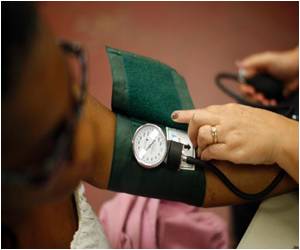
In a series of experiments, the Johns Hopkins team said that it identified and halted the action of a single molecular culprit responsible for a range of biological glitches that affect the body's ability to properly use, transport and purge itself of cholesterol - the fatty substance that accumulates inside vessels and fuels heart disease.
The offender, the researchers say, is a fat-and-sugar molecule called glycosphingolipid, or GSL, which resides in the membranes of all cells, and is mostly known for regulating cell growth. Results of the experiments, the scientists say, reveal that this very same molecule also regulates the way the body handles cholesterol.
The Johns Hopkins team used an existing man-made compound called D-PDMP to block the synthesis of the GSL molecule, and by doing so, prevented the development of heart disease in mice and rabbits fed a high-fat, cholesterol-laden diet.
The findings reveal that D-PDMP appears to work by interfering with a constellation of genetic pathways that regulate fat metabolism on multiple fronts - from the way cells derive and absorb cholesterol from food, to the way cholesterol is transported to tissues and organs and is then broken down by the liver and excreted from the body.
The research is published in the journal Circulation.
Advertisement















